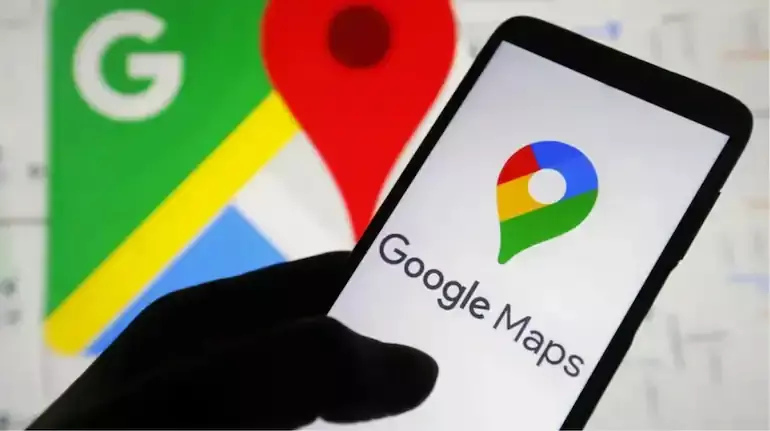
Van Following Google Maps Swept into River in Rajasthan; 4 Killed
Tragedy struck in the state of Rajasthan, India, when a van carrying four members of a family was swept away into the Banas River, claiming the lives of four people. The incident has left the family and the authorities in shock, sparking questions about the reliability of GPS navigation systems like Google Maps.
According to the police, the van was following directions on Google Maps when it reached a bridge over the Banas River, which has been closed for the past three years due to strong river currents. Despite the closure, the van continued to follow the GPS directions, leading it to the edge of the bridge. Strong river currents then swept the van off the bridge, resulting in the deaths of four people.
Rescue efforts were launched immediately after the incident was reported, but unfortunately, the van was swept too far into the river, making it difficult for the rescue teams to reach the vehicle. As a result, the bodies of the four victims were recovered from the river, while one person is still missing.
The incident has raised concerns about the reliability of GPS navigation systems, particularly in areas where infrastructure is lacking or outdated. Google Maps, like other GPS navigation systems, relies on a combination of satellite data, road maps, and user reports to provide directions. However, it is clear that even the most advanced technology can fail if not used wisely.
The police have launched an investigation into the incident, including an examination of the van’s GPS device and the route it was following. The authorities have also issued a warning to the public about the dangers of relying too heavily on GPS navigation systems, particularly in areas where infrastructure is lacking.
The incident is a tragic reminder of the importance of verifying information and using common sense when using GPS navigation systems. While GPS technology has revolutionized the way we navigate, it is crucial to understand that it is only a tool and should not be relied upon solely.
The incident has also raised questions about the responsibility of technology companies like Google in ensuring the safety of their users. While Google Maps is an incredibly useful tool, it is clear that there are limitations to its capabilities, particularly in areas where infrastructure is lacking.
In conclusion, the tragic incident in Rajasthan is a stark reminder of the importance of using technology wisely and verifying information. As we increasingly rely on technology to navigate our daily lives, it is crucial that we also take responsibility for our own safety and well-being.






